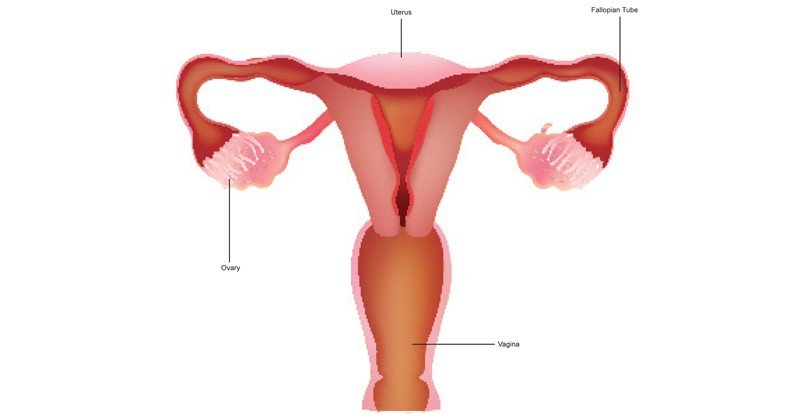Reproductive System
Reproduction is the main link in the cycle of life. The lifecycle involves: birth, growth, generation of new life, ageing and death. The ability to generate a new life-form is called reproduction. The human reproductive system is a set of organs working together to produce live offspring. This system is also called the genital system. The reproductive system includes: male sex organs and female sex organs. There is a significant difference between the male and the female reproductive system and their functioning.
Female Reproductive Organs
The female reproductive system is a set-up that receives genetic material (sperm cells) from the male through the vagina. The sperm cells fertilise the female cells (ova) and the fertilised ovum moves in the uterus and gets embedded in the walls of the uterus. The growth of the fertilised ova takes place in the uterus in about 280 days. The fully developed human being is born through the vagina. The other major organs involved are: fallopian tubes and ovaries.


